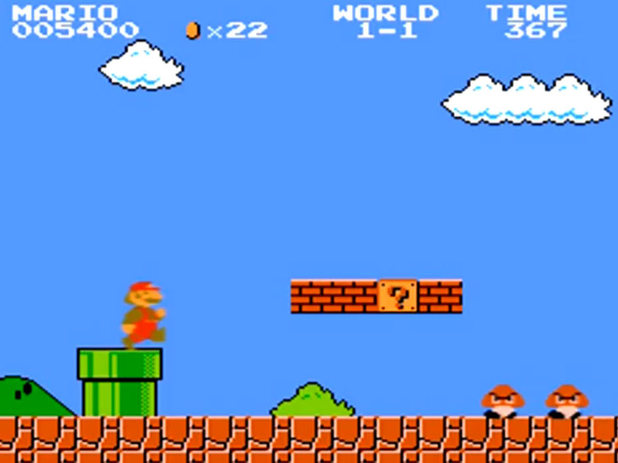 Nintendo’s announcement that it would partner with Japanese mobile gaming company DeNA to create games on mobile devices
using Nintendo’s intellectual property sounds like a dream come true,
but will probably offer little more than muted nostalgia for retro game
lovers.
Nintendo’s announcement that it would partner with Japanese mobile gaming company DeNA to create games on mobile devices
using Nintendo’s intellectual property sounds like a dream come true,
but will probably offer little more than muted nostalgia for retro game
lovers.Unless you’re one of the nine people who have never owned one of Nintendo’s fleet of hand-held systems over the last 25 odd years, Pokémon in your pocket and Brock in your backpack is really nothing new. But any hope retro game fans may have had to show Mother Brain who’s boss on their iPhones any time soon without resorting to piracy has pretty much been dashed. Nintendo’s Chief Executive Satoru Iwata has already said in a press conference announcing the partnership that the company would not be porting over versions of existing games, saying it would “ruin the value of Nintendo’s IP,” promising instead something to be built from scratch specifically for mobile, a first for the iconic company who has long shied away from entering the mobile game. Pun very much intended.
And boy is Nintendo ever sitting on a mountain of profitable IP. Between Mario (and the many branches of that franchise’s tree) and the Legend of Zelda games alone we’re talking years if not decades of reliable income from everything from merchandise to games. Essentially, if you slap a Triforce or a spotted red mushroom on something, people will buy it, and will continue to for the foreseeable future. The effect is further magnified by the immense popularity of the Super Smash Bros. series, which has introduced new generations to still more characters in the Nintendo family (even Ness!).
But details so far are slim about what form these brand new games will take. Touch screen technology has gotten to the point where Nintendo in tandem with a mobile gaming company could definitely do some interesting things. I wouldn’t mind playing a version of Wario Ware on my iPhone or iPad, for instance, but that’s a rare franchise that specifically lends itself well to touch controls and gyroscopes. Games like this are the outliers when it comes to Nintendo’s classic franchises, where tight, responsive controls far exceeded the importance of graphics.
But I can’t help but feel a twinge of pre-emptive disappointment for a rollout and games library to come that I just can’t picture catering to us graying, slightly withered but no less devoted gamers who remember our first 1-Up more clearly than our Junior Proms. But with growing up, what you lose in hair you gain in perspective. So it’s hard for me to begrudge Nintendo the opportunity to continue to profit hugely from the characters that brought me so much joy as a child. Even if my fellow retro game lovers and I will probably ultimately be left out in the cold on this one, I can’t help but get behind Nintendo’s effort to groom a new generation of Goomba-squashing, Dr. Wily-crushing devotees.